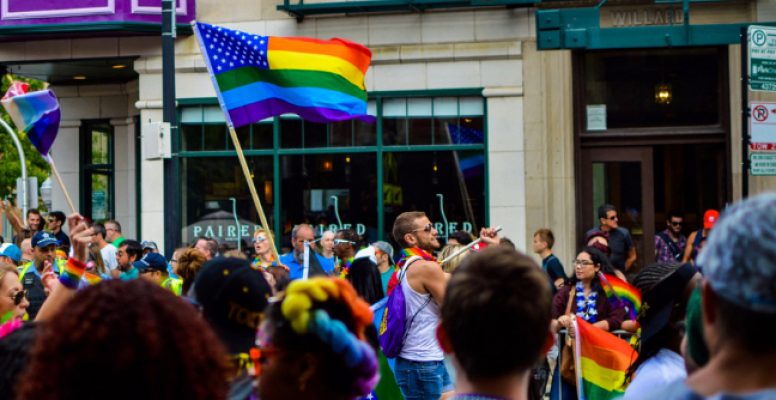
Pride Month (And Why It Matters)
Written By: Cassidy Todd, Clinical Intern at ACS , Outlet Program
in june 1969
in Greenwich Village, New York, a new movement began in the US. Police raided the Stonewall Inn, a bar known to openly accept and embrace people of all sexual orientations, gender identity and expression, and proceeded to initiate a three-day riot that would become known in history as the Stonewall riots. These riots marked the most prominent uprising of individuals fighting back against discrimination and mistreatment towards the LGBTQ+ community, and are now known as the birthplace of Pride today.
Originally, Pride was used as a political platform for demands for equal rights for the LGBTQ+ community, and this demonstration format was seen up until the early nineties. Our current Pride parades are now more of a celebration of queer life and embracing sexuality, while still acting as a social and political demonstration to continue to fight for equality and affirmation within society.
However, while many view Pride month as just an ongoing celebration, it is important to understand why this event formed and why it is important to celebrate such a strong sense of community and acceptance. The LGBTQ+ community has had to face years of discrimination and prejudice, from daily interactions to systems-level policies, which can contribute to minority stress. This minority stress can lead to hiding or repressing identity, hyper vigilance, mistrust in others, and an increased risk of mental health difficulties. All of this is in addition to the increased risk of violence that individuals in the community may face.
Although society has made incredible progress in the last few decades in the way of increasing inclusivity, acceptance, and affirmation, these issues are still prevalent today. This is why Pride events are so important to many individuals, especially youth, who may still struggle to embrace their identity and feel as though they have a valuable place in this world. As we continue to move forward and increase awareness and social equality, we must remember the history of the LGBTQ+ rights movement and be mindful of how much work has yet to be done.
